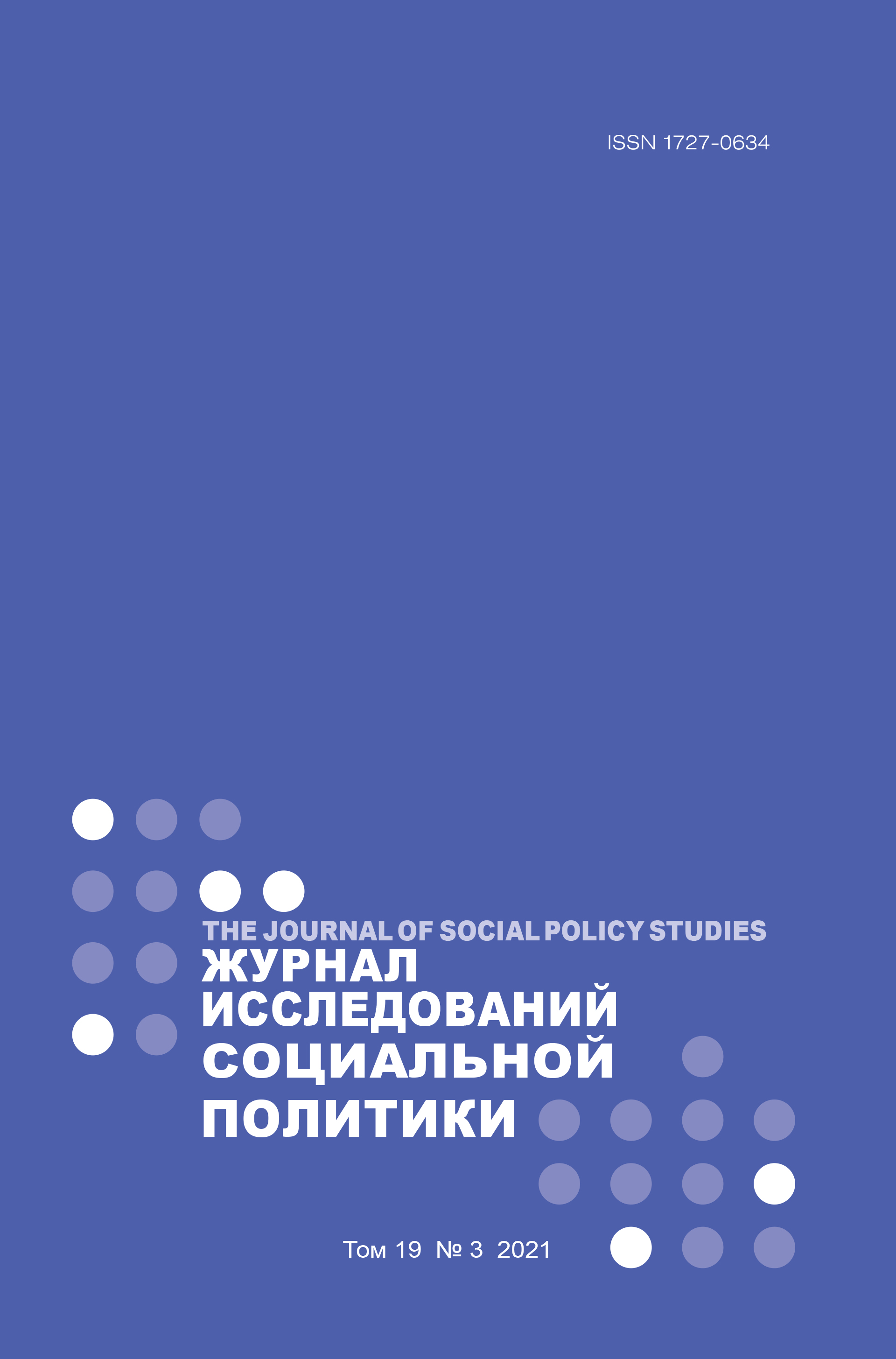The Frontiers of Parenthood: An Analysis of the 'Bad Mother' Case in Social Media
Abstract
This article explores the private and public dimensions of parenting using a case happened from a Russian regional city in 2018. A man took a smartphone video of a crying child and, adding his own derogatory commentary, uploaded it to the Internet. The case raised intensive discussions in social and mass media. The research deals with the nature of these discussions and how private and public parenting dimensions appeared. Applying critical discourse analysis, the authors examine how the discussion and its agents construct the frontiers of the 'parenthood domain' and mother’s social role in public space. The term is borrowed from the publication of one of the parent Internet resources and is interpreted using Goffman’s concept 'territory of the self.' The analysed case shows how the dominant ideology of intensive parenting encourages the blaming of mothers. This allows strangers to enter the parenthood domain and public control of mothering. The cultural pattern of mothering assumes publicly accepted behaviour even in private space, where the mother is alone with her child. At the same time, the mother’s social role becomes the centre of contradictory demands and expectations in public. Online-discussions become the space of public competition between mothers in terms of intensive mothering. Mass-media associate such discussions with an unfriendly and contradictory state social policy towards parenting. The frontiers of parenting domain depend on the contexts and actors’ roles marked not only by space, gender and the roles themselves (mother / stranger), but also by the stages of mastering the role ('young' or 'experienced' mother). The sensitivity and permeability of borders depends on this.















